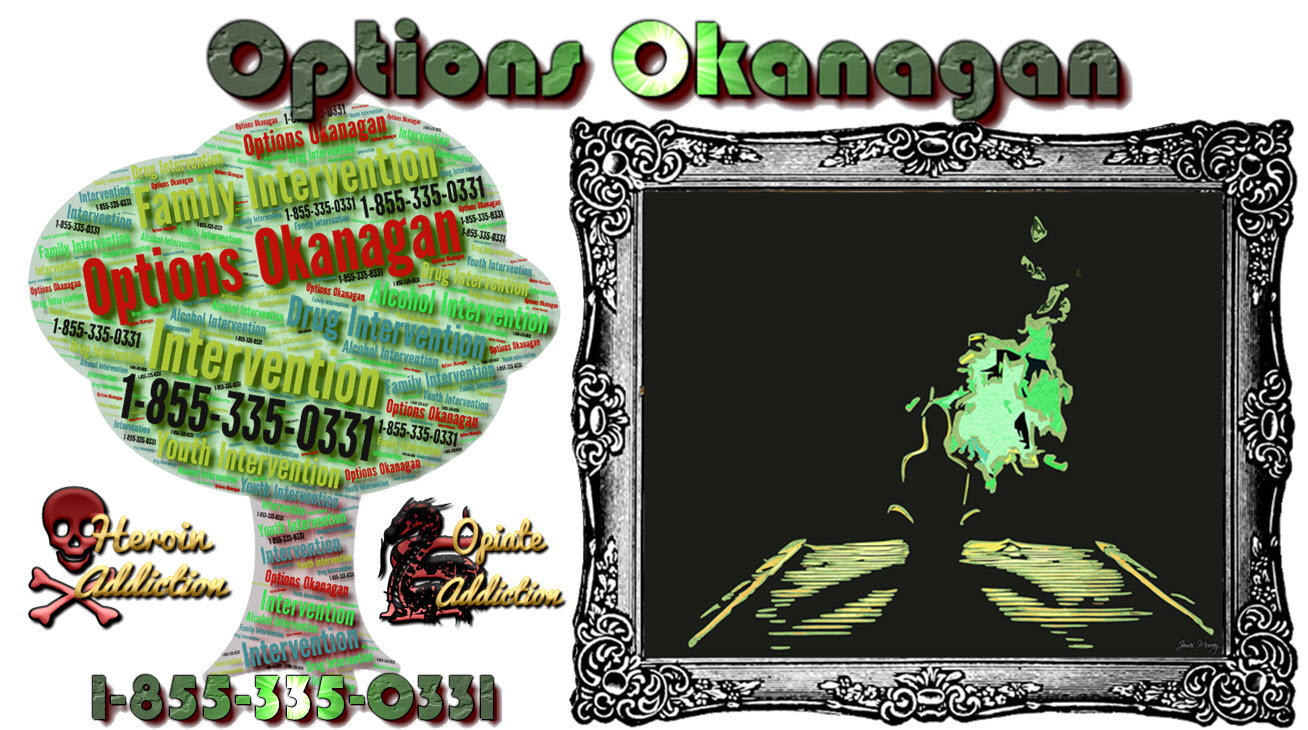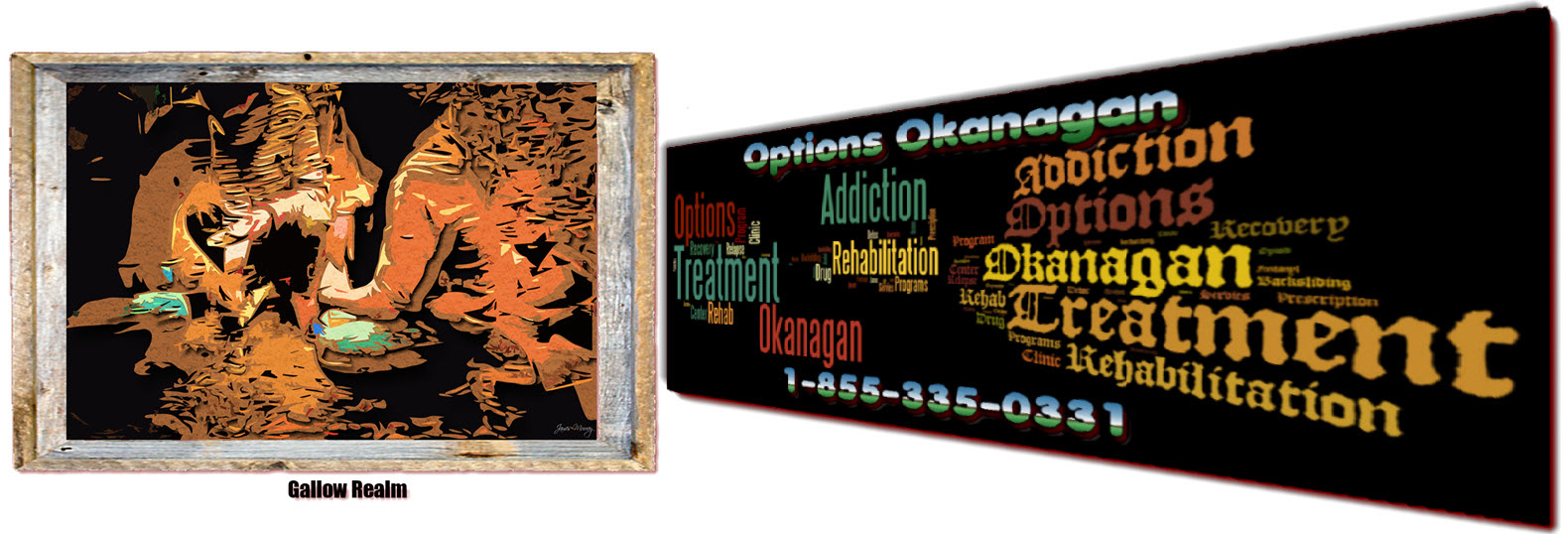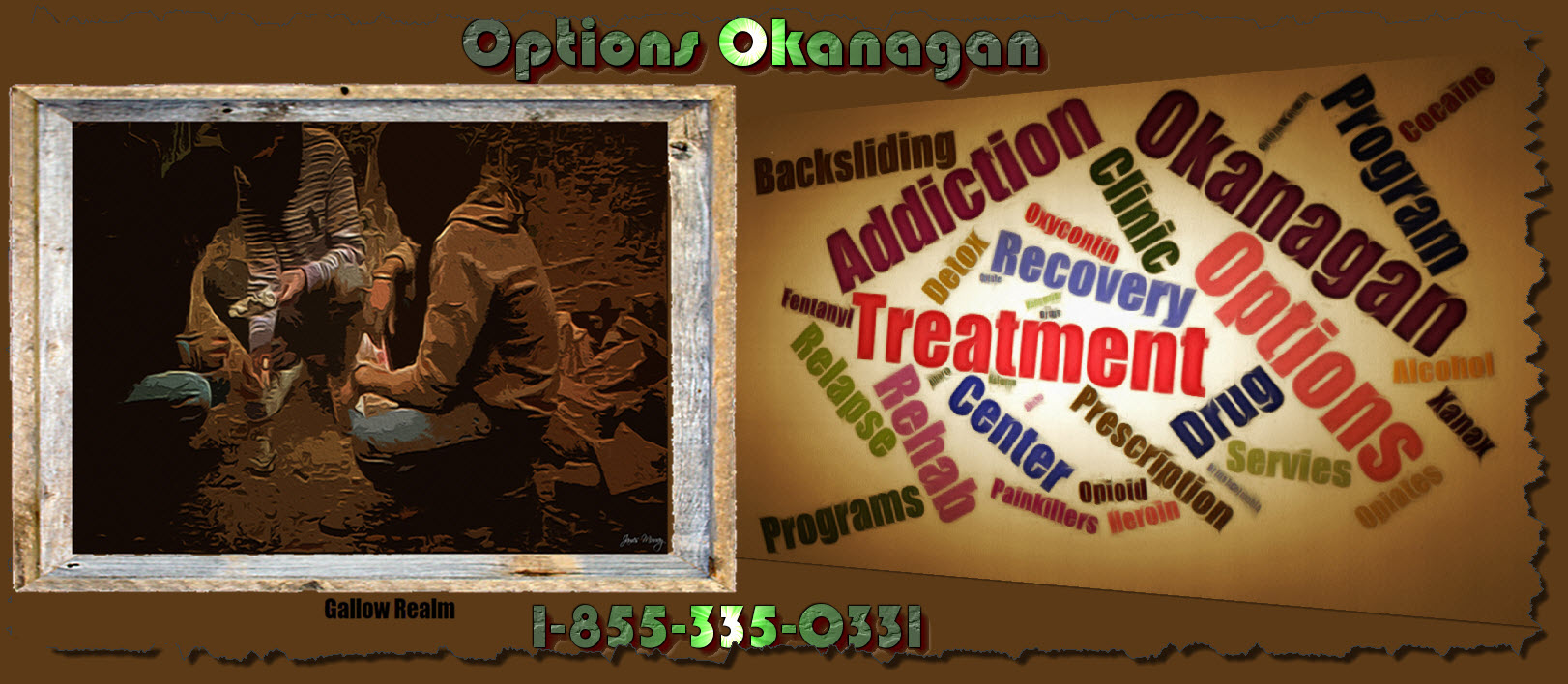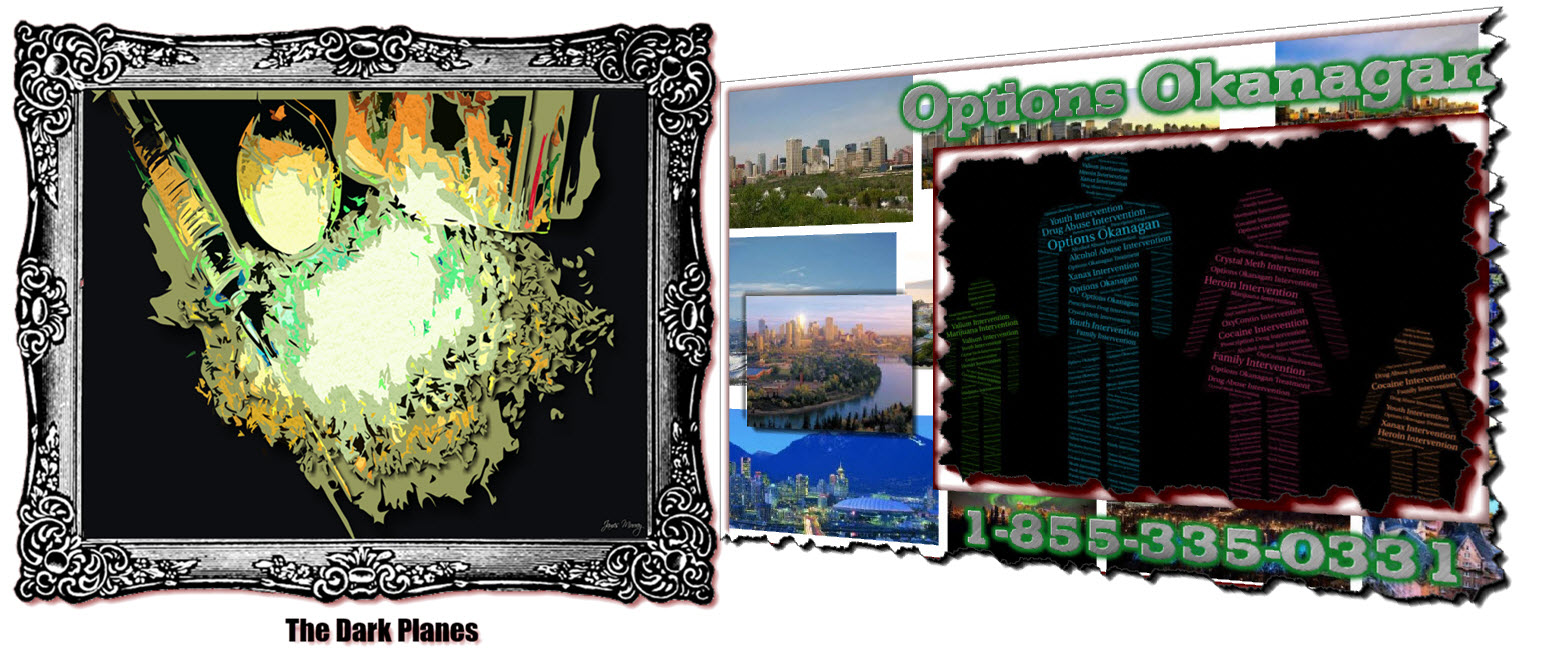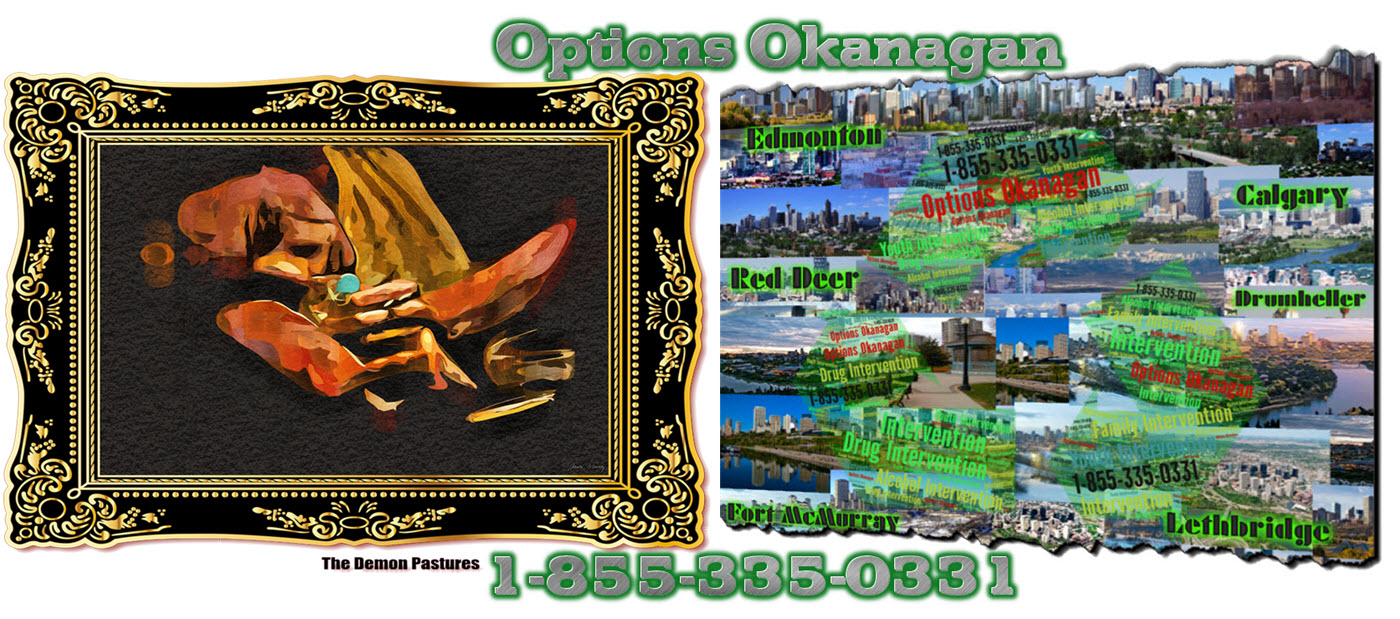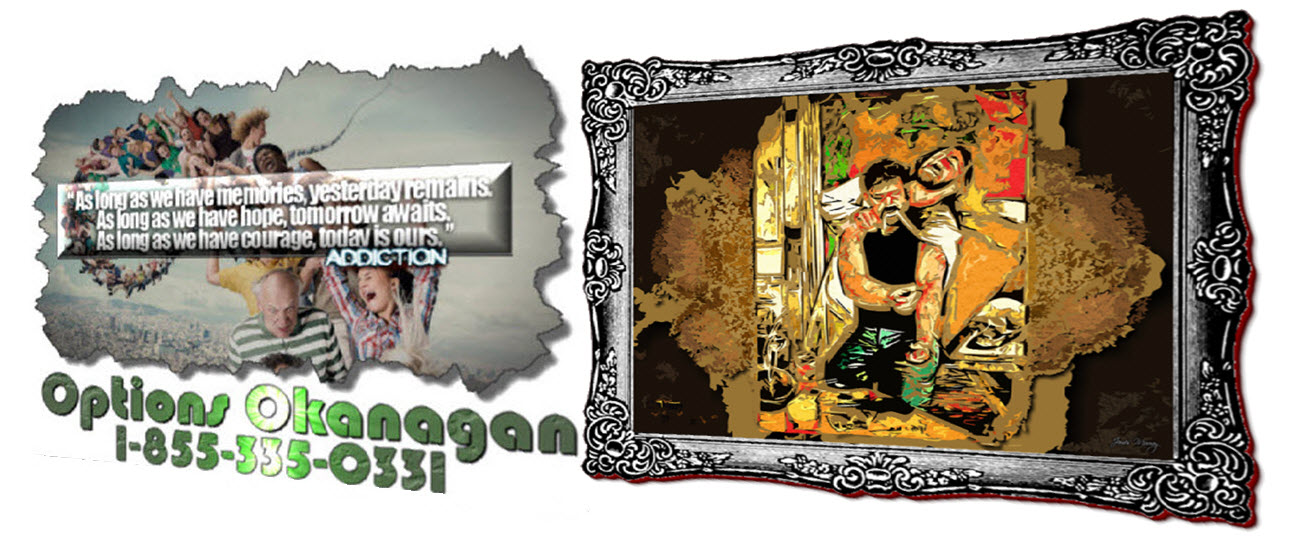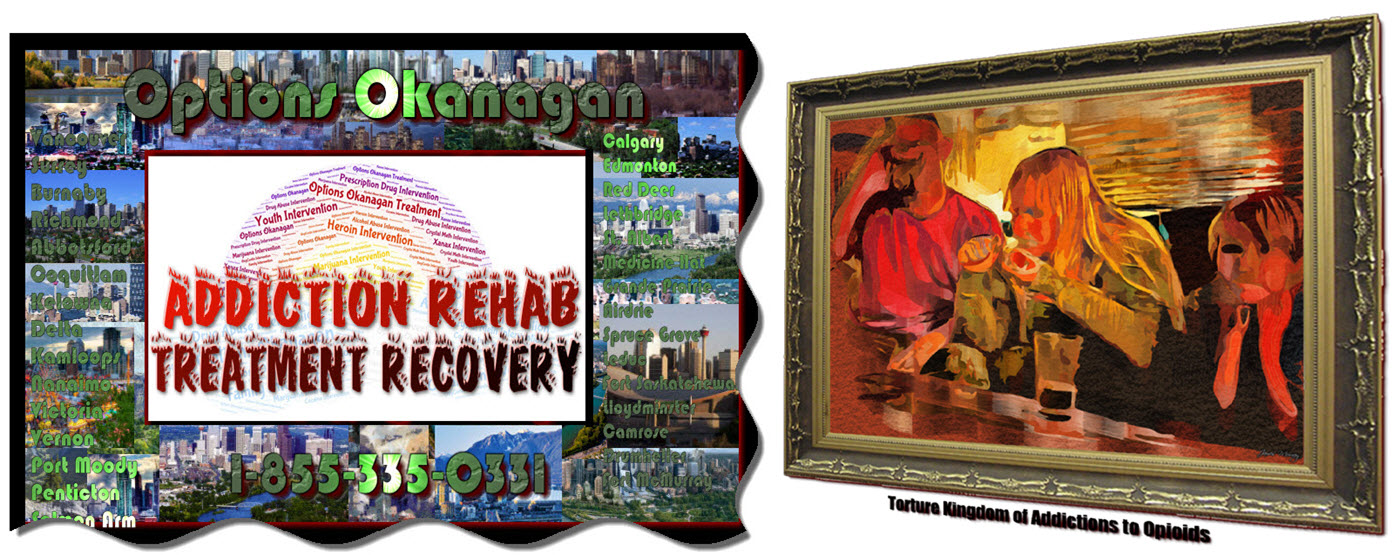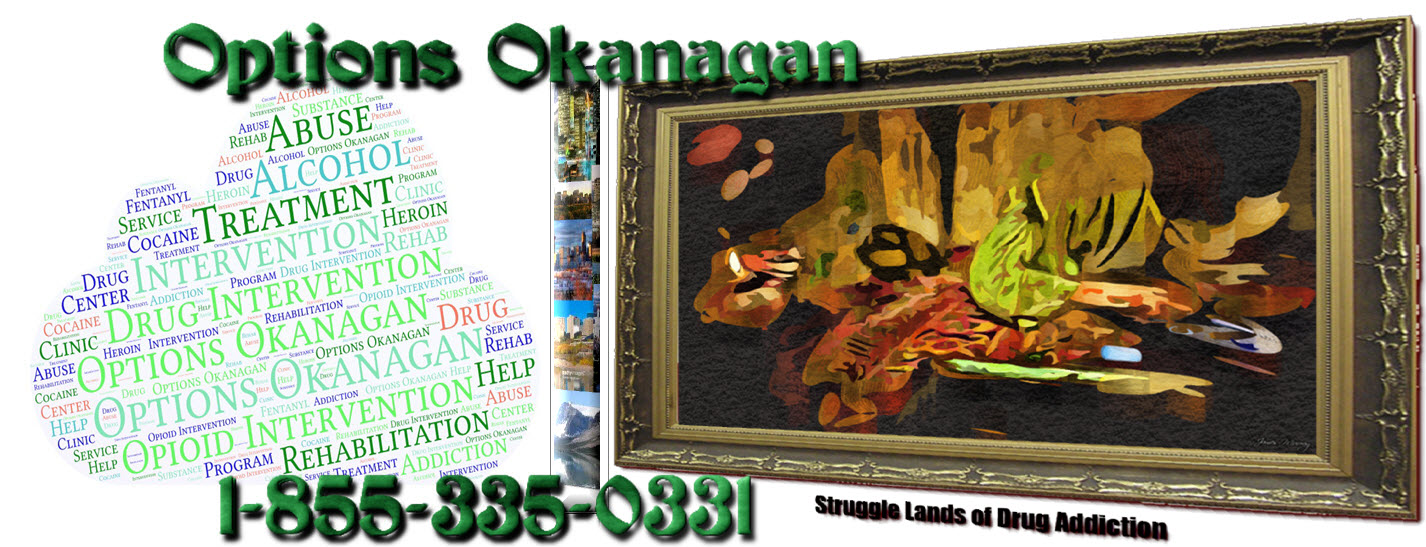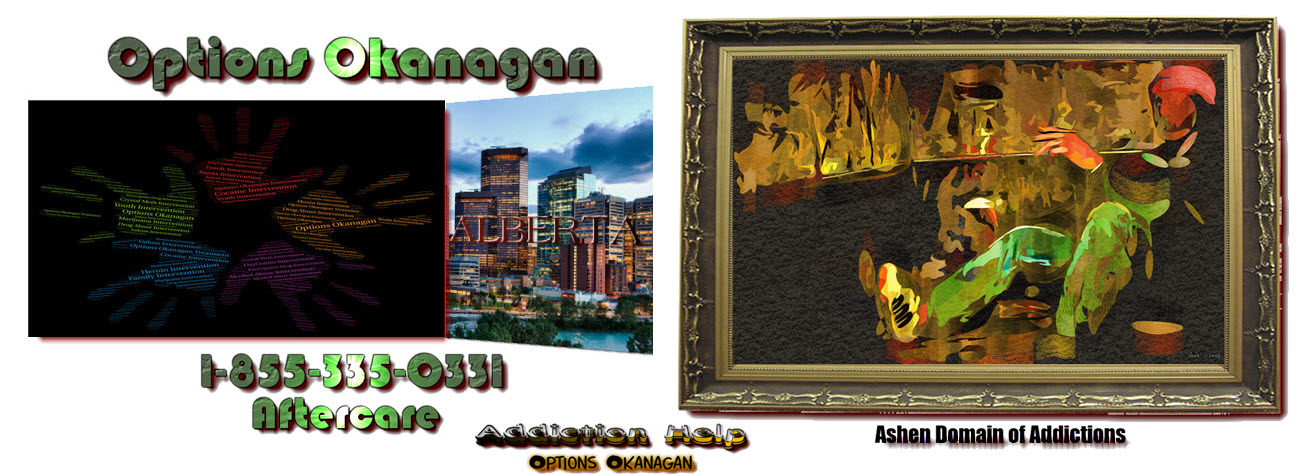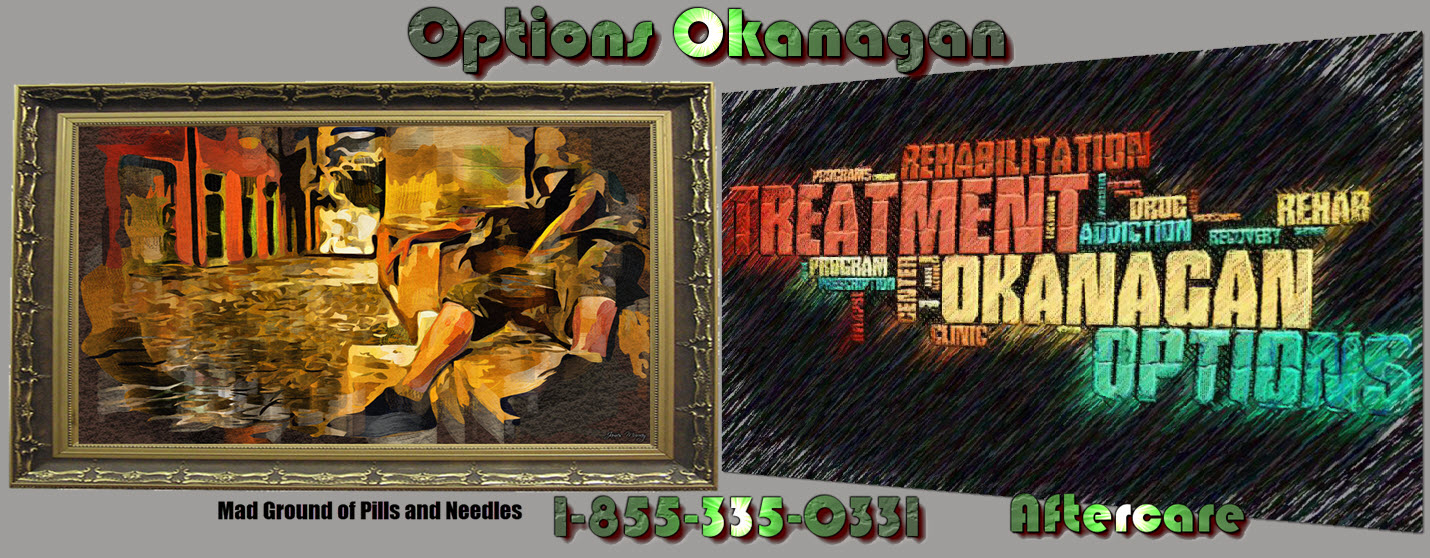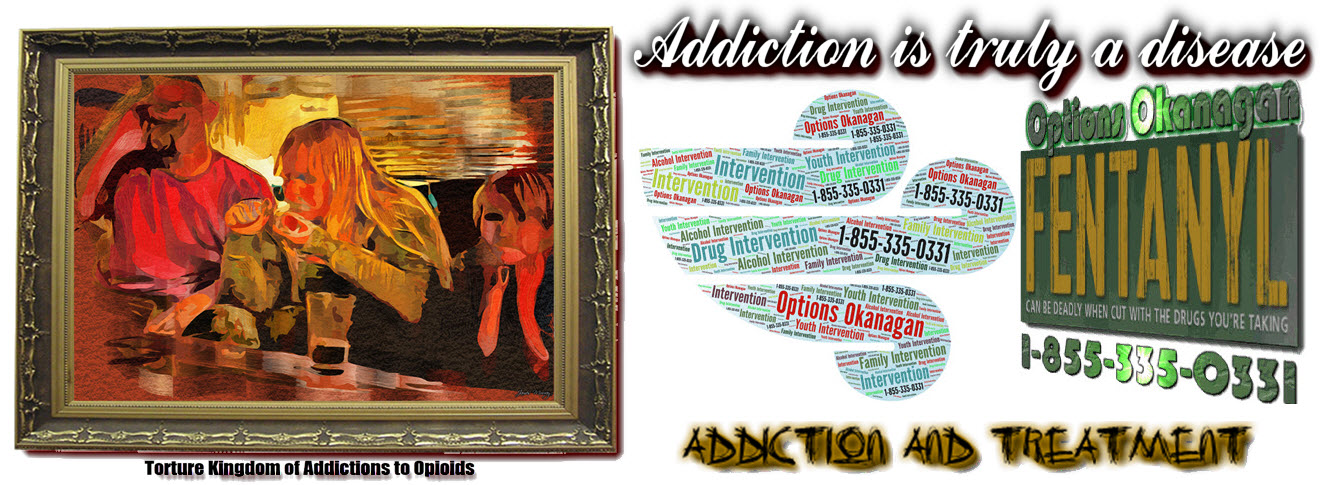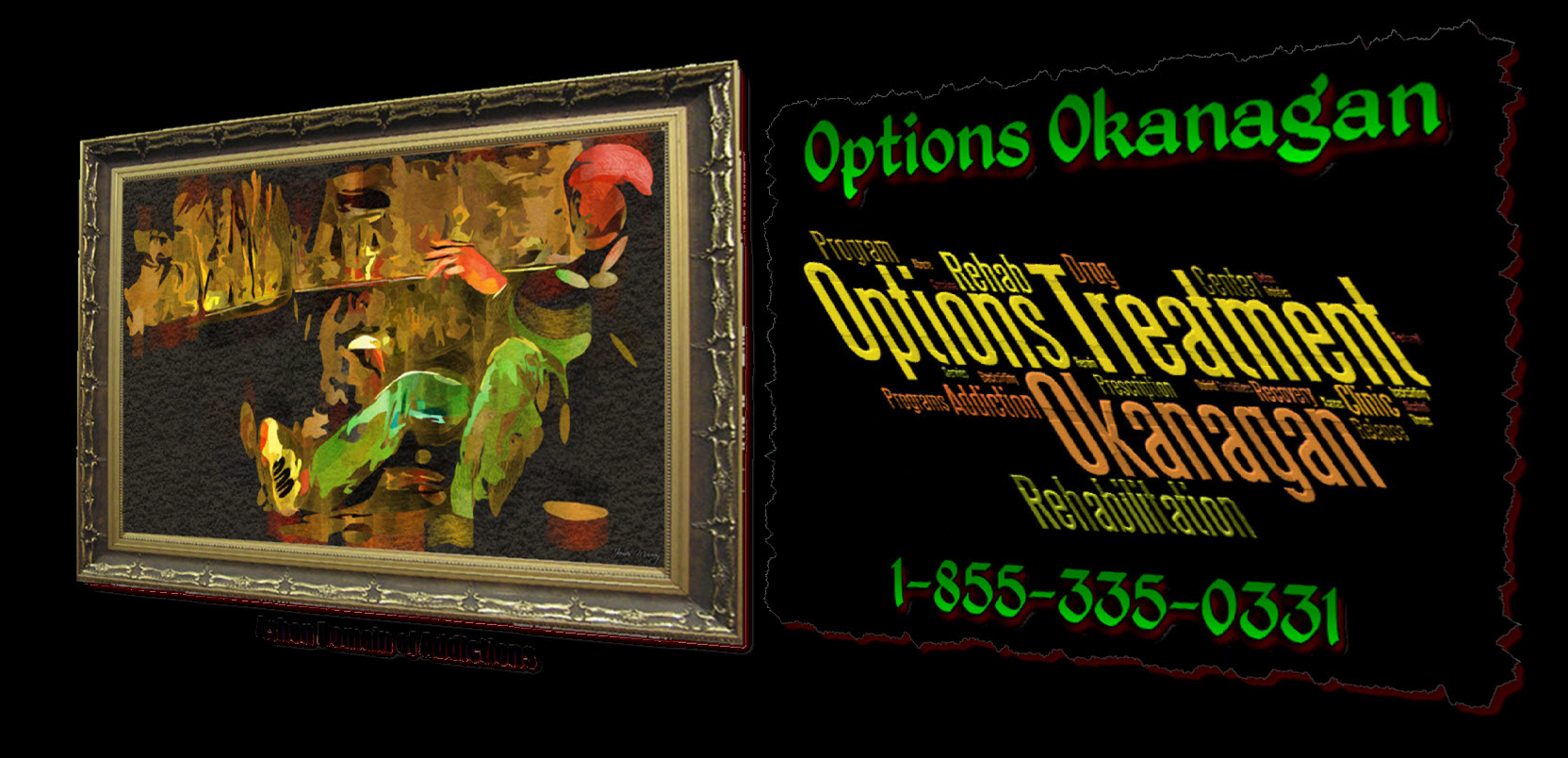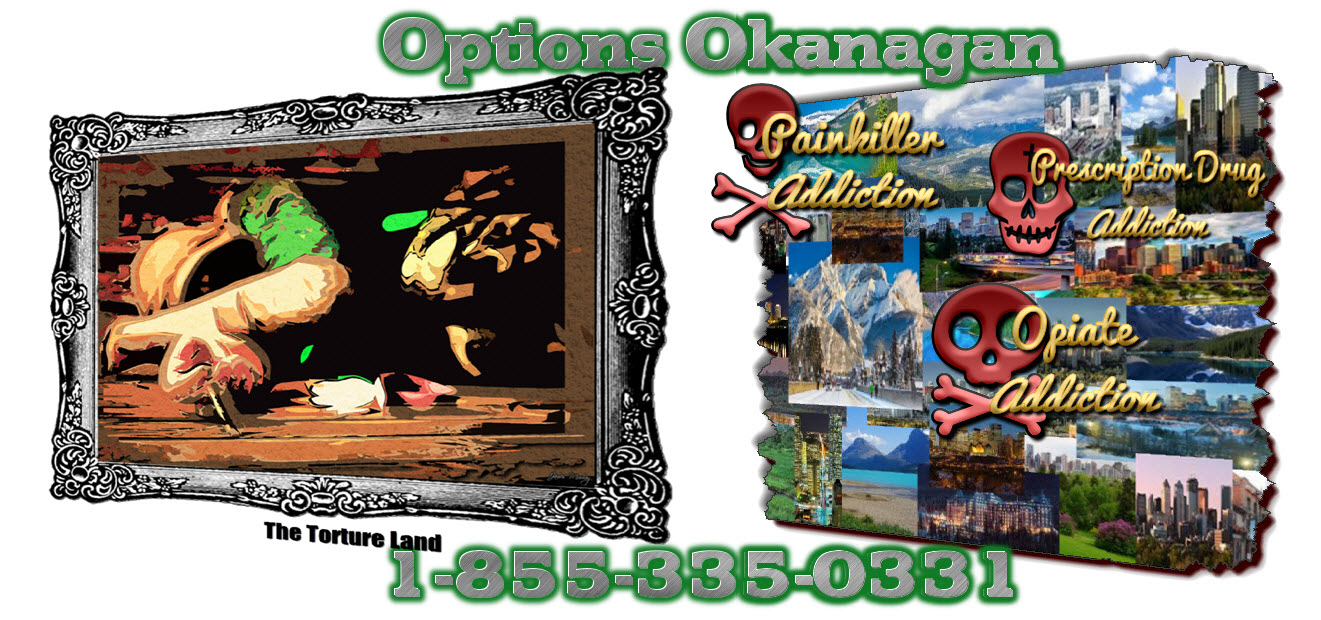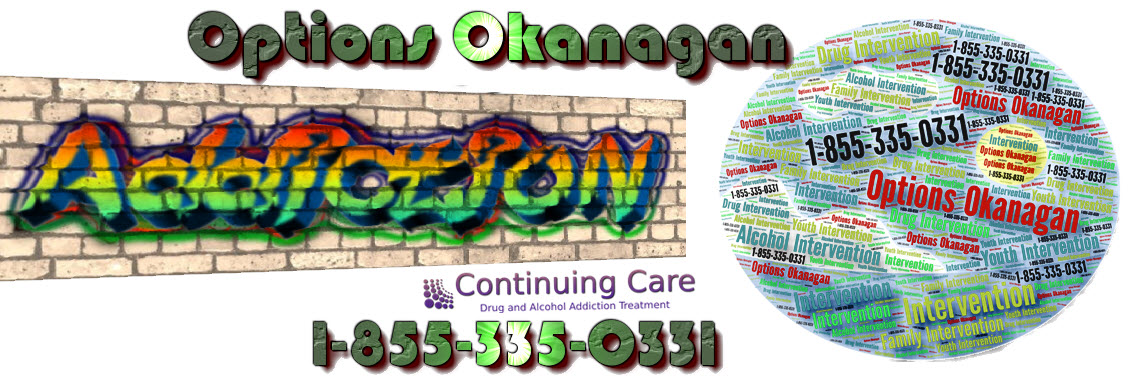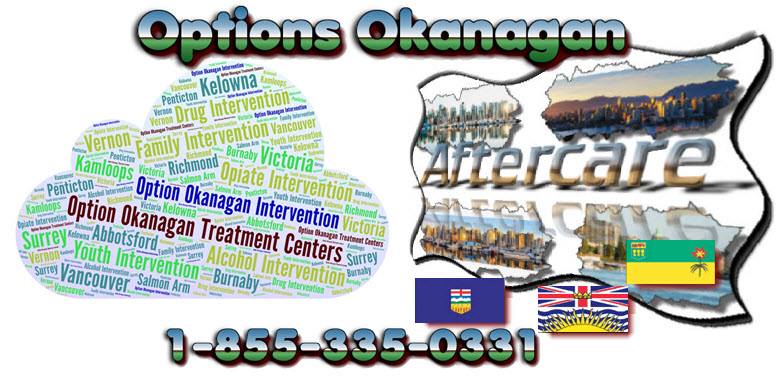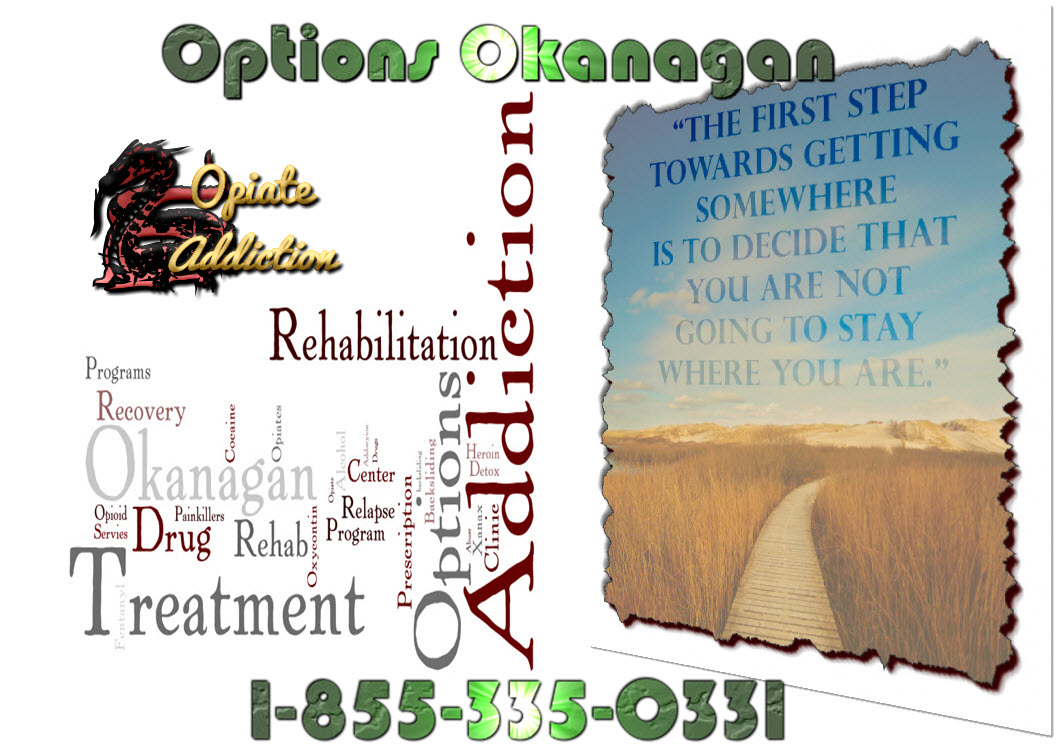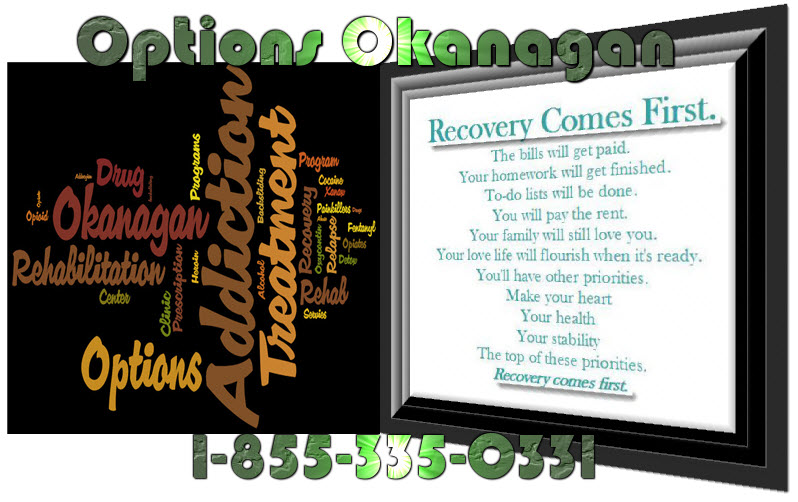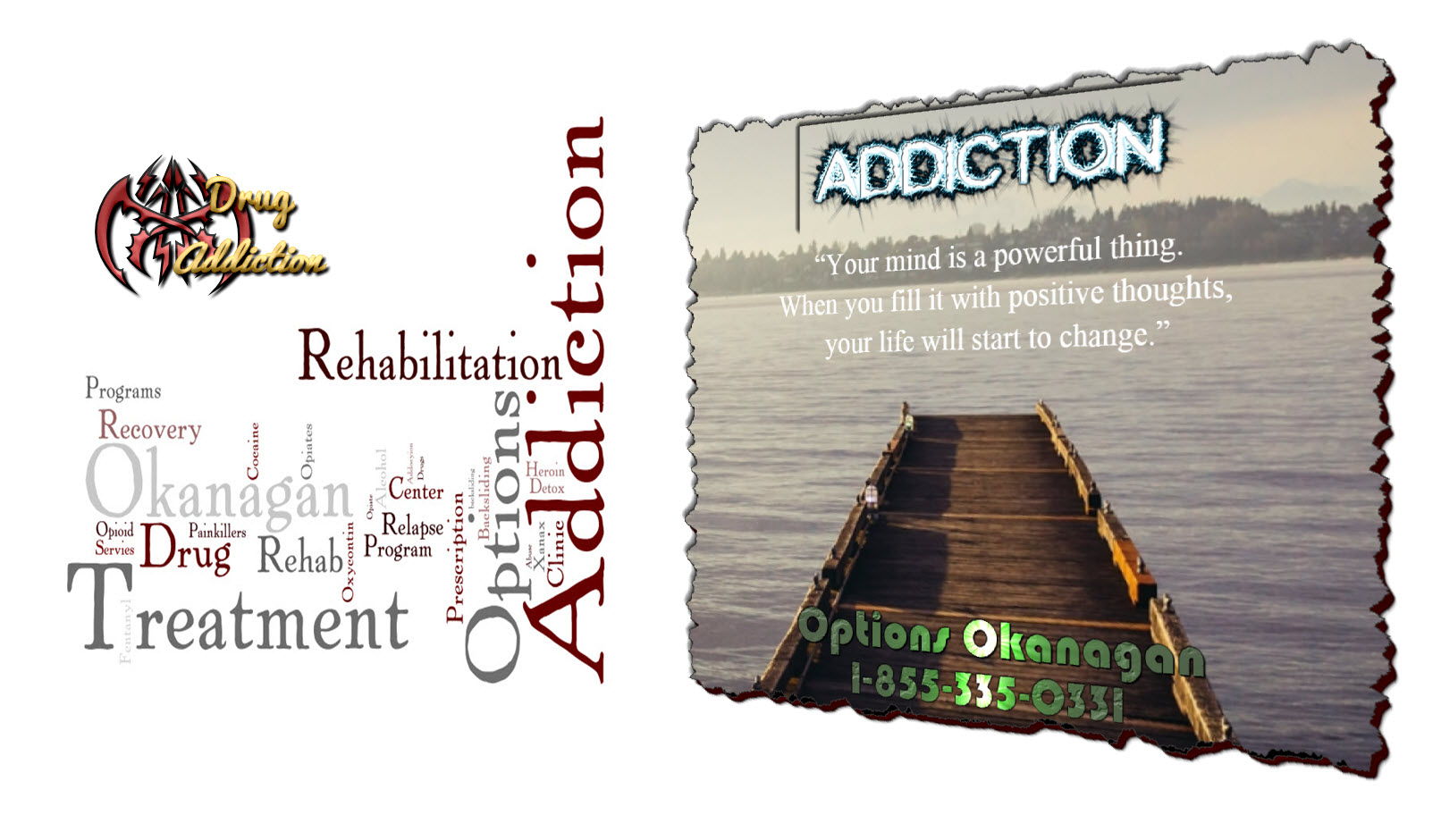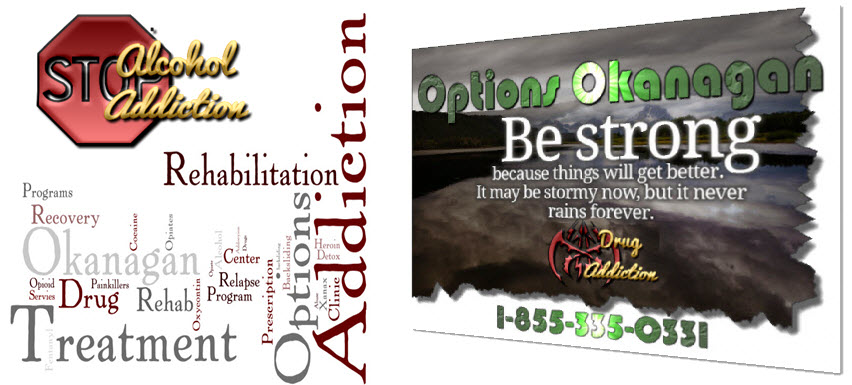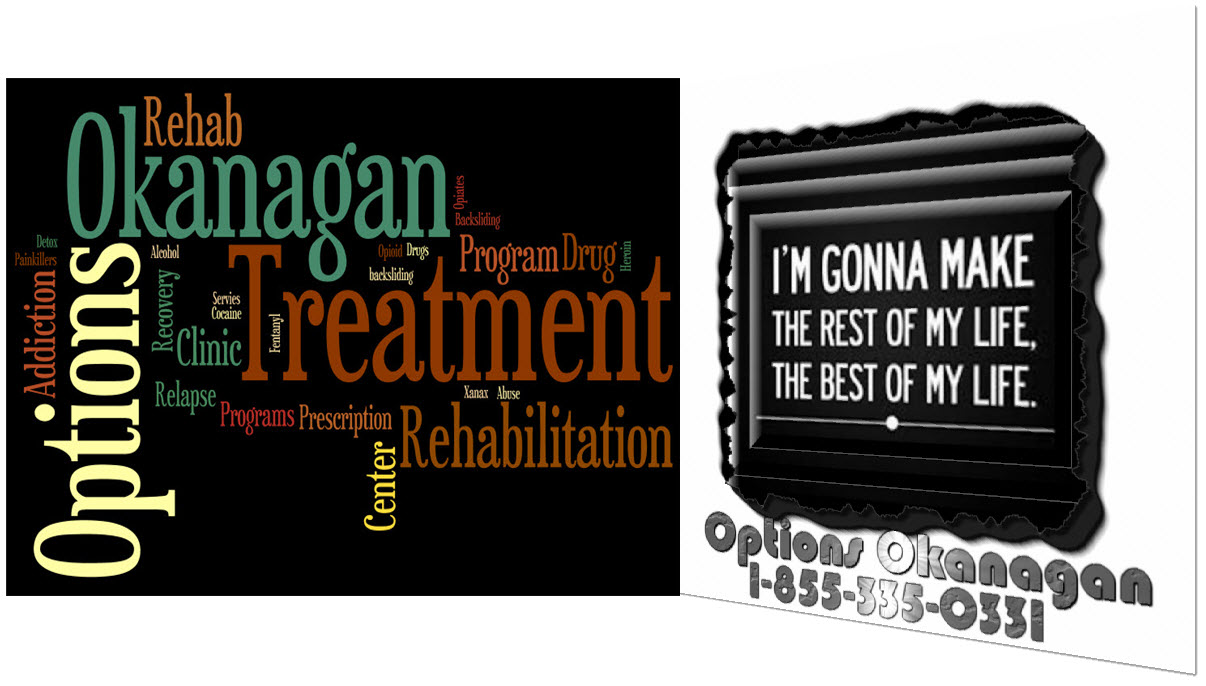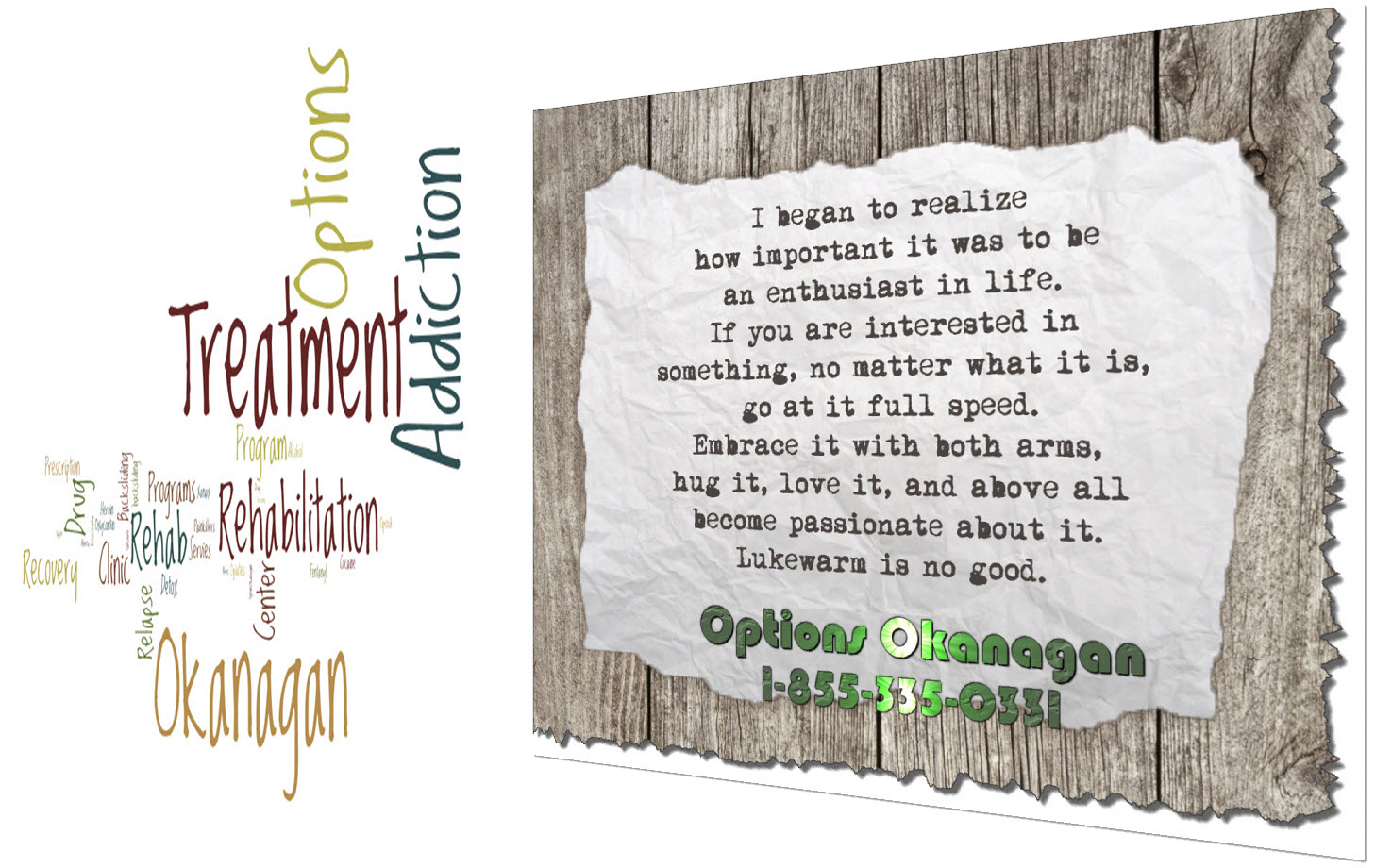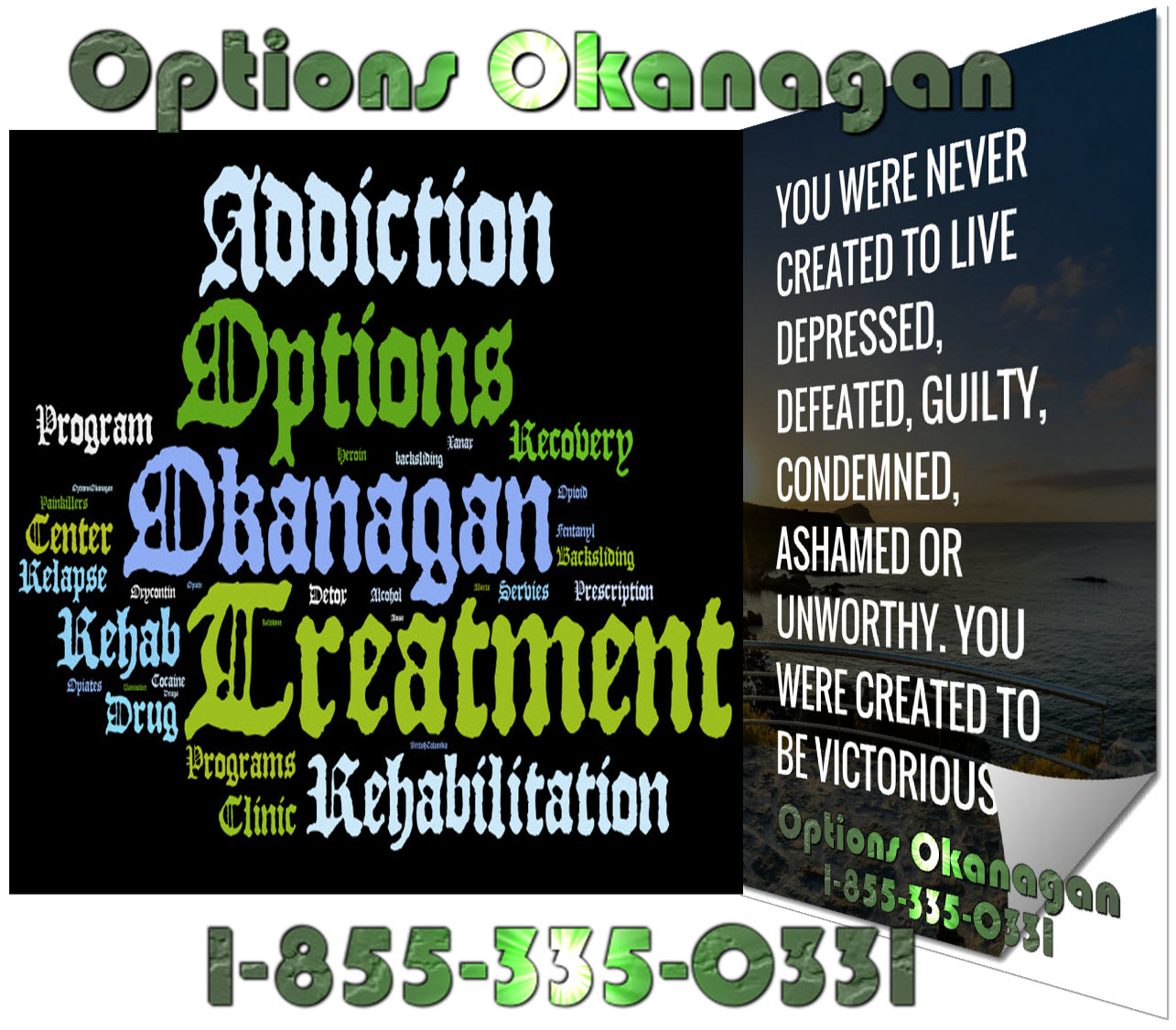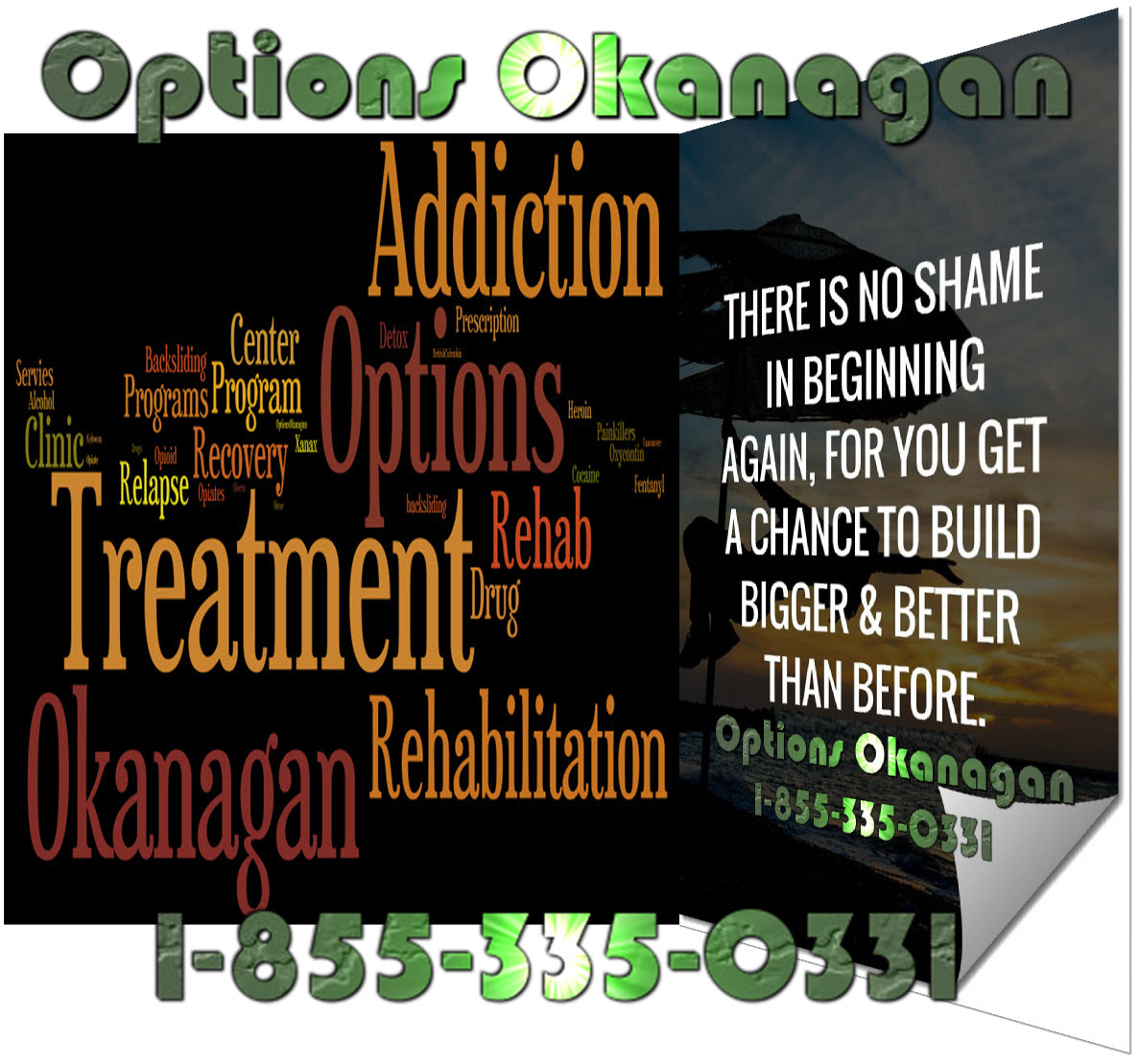Safe ways to detoxify from Pain Pill (Painkillers) Addiction – Opiate and prescription drug intervention in British Columbia and Alberta – Options Treatment Center in Kelowna, British Columbia treating prescription drug, painkiller, opioid, opiate, fentanyl, heroin, and alcohol addiction and recovery.
Prescription Drug Rehabs In Alberta And BC
Overcoming addiction requires more than just adjusting your thoughts and wanting to do it. People who are battling an addiction to painkillers are trying to deal with a chronic disease that has plagued their brains and made them dependent on the drugs of their choosing. Once you understand the process your body must go through to get well again, there are safe ways to get rid of your addiction and regain control of your life with the help of professionals.
The Withdrawal cycle
Painkiller addiction destroys the individual’s body in such a way that it changes the circuits responsible for reward behavior and mood, and damages other systems in the body. As a result, suddenly stopping the chosen painkiller will cause severe withdrawal symptoms. These symptoms may include diarrhea, stomach pain, mood swings, depression, and others.
Although the symptoms are not life-threatening, they can be excruciating and unbearable. The duration of symptoms depends on how long a person has been using. Symptoms can last for weeks. Attempts to stop without professional assistance are likely to lead individuals to give up on their addiction and turn to substance abuse again.
The Detoxification method
Because stopping pain relievers is difficult for a person, medication is often used during a detox in a care center to help a person recover gradually from addiction and to reduce or prevent withdrawal symptoms.
Methadone is an opioid drug used to help a person overcome their addiction by activating the same receptors in the brain through pain medication and relieving withdrawal symptoms. With appropriate doses, methadone also reduces the appetite for drugs without giving the individual the feeling of euphoria they experience from substance abuse. Appropriate administration in a special clinic can reduce the dose of methadone so that individuals can gradually recover from addiction.
Buprenorphine is a partial opioid agonist, which means that it partially binds to opioid receptors, blocks the effects of other opiates, suppresses opiate withdrawal symptoms, reduces cravings for other opiates, and helps people stay on other treatment plans and recover.
Suboxone is a form of buprenorphine used in combination with naloxone (a drug used to treat opioid overdoses). Naloxone is here to prevent injection of buprenorphine abuse.
Benzodiazepines are a class of psychotropic drugs commonly used to relieve withdrawal symptoms. These drugs slow down the central nervous system to provide a sedative effect and relieve anxiety and depression, which are often associated with alcohol detoxification. They can also help reduce a client’s chances of having seizures during the detoxification process.
Barbiturates are milder sedatives that are used to relieve anxiety and discomfort that are very common during the detox process. It can also reduce the risk of seizures.
Detox being the center
It is important to know that for anyone struggling with prescription drug painkiller addiction, the first stage to starting a full recovery is to get professional medical help at a drug detox treatment center. There the person is treated by a doctor who is available around the clock if there is a problem.
When a person participates in a detox program at a substance abuse facility, they receive an extensive assessment and physical examination so that knowledgeable staff can adjust the treatment process accordingly.
Once the treatment process has started, the medical staff ensures clients stay healthy by providing clinical support and monitoring their vital signs 24/7. During this time, the treatment center also offers activities and advice to help people not focus on any mental or physical illness they may be experiencing. Holistic centers also offer natural options for pain relief, for example through acupuncture, to reduce additional withdrawal symptoms.
Even though addiction is a chronic disease, it can be controlled. With properly medical administered detox treatments, a person who struggles with drug or alcohol addiction can regain their mental and physical health they need to recover and stay drug-free.
Options Okanagan Opiate and Alcohol Treatment Centers in Kelowna, Salmon Arm, and Vancouver, British Columbia – Men and Women are recovering and healing from Alcohol and Drug Abuse at our treatment center here in the Okanagan right now.
Our unique and distinctive Opiate Drug and Alcohol treatment program allows men and women to come in from Calgary as well as Edmonton as we offer airport pickup.
Numerous clients come to us from Vancouver, Calgary, and Edmonton and other locations in Alberta and even other provinces for Opiate addiction treatment, heroin drug treatment, many other drugs, and alcohol addictions for rehabilitation because of the uniqueness of our treatment center.
Our (Kelowna) Alcohol and Drug Treatment Program Location:
(Not Mailing Address) – Contact Us – Web Page
For Mail Delivery :: Please contact each center for correct mailing addresses, also this location is the location of our residential treatment programs in Kelowna. Please call Toll Free 1-855-335-0331 – to contact the treatment center you are going to for the address and directions.
Options Okanagan Drug and Opiate Treatment Center
551 Sherrydale Crescent, Kelowna, British Columbia, V1V 2E6
Toll-Free Phone Number: 1-855-335-0331

